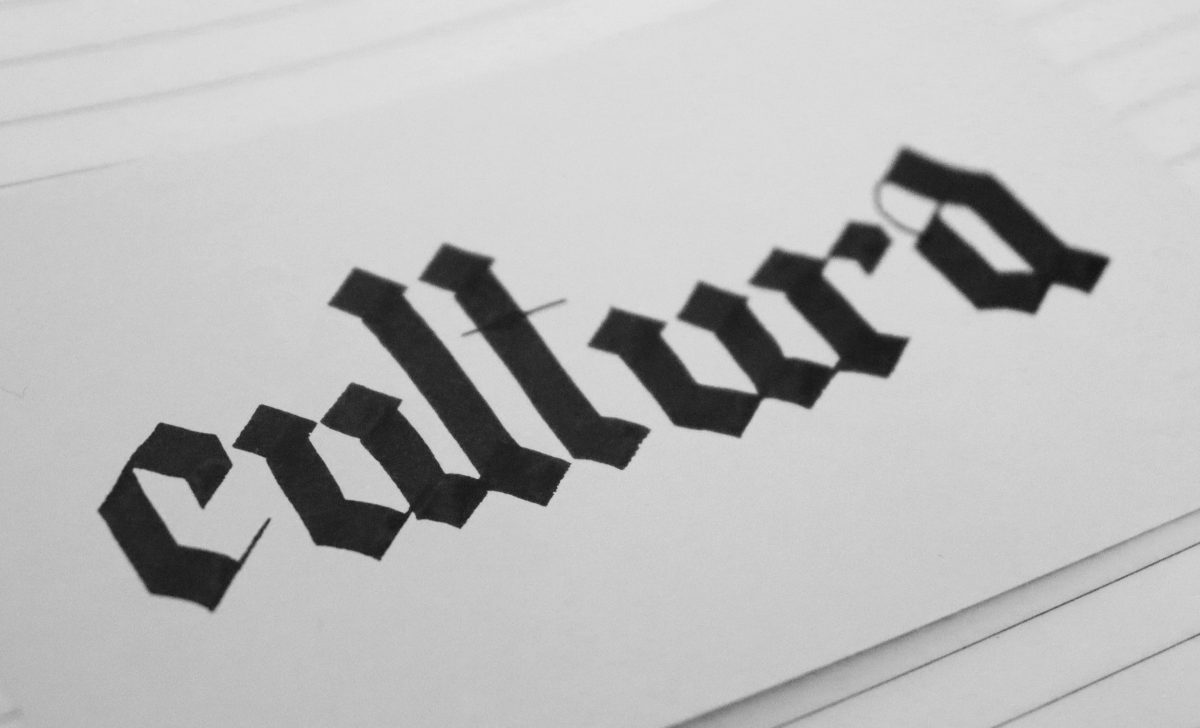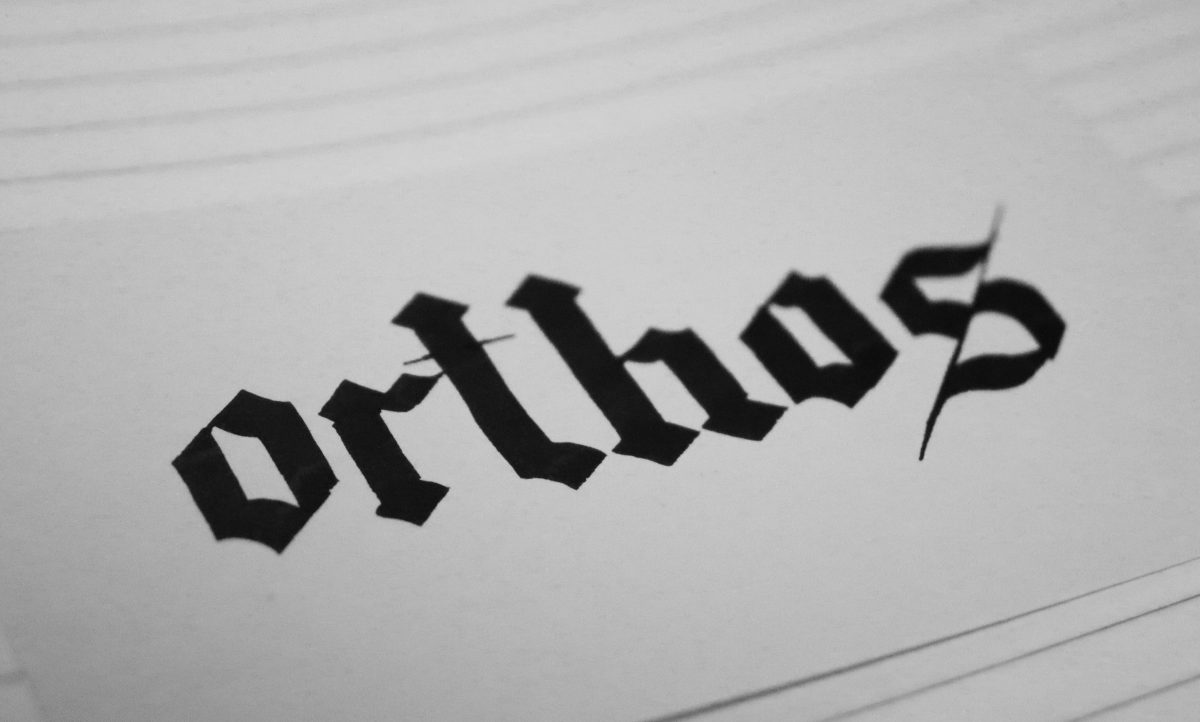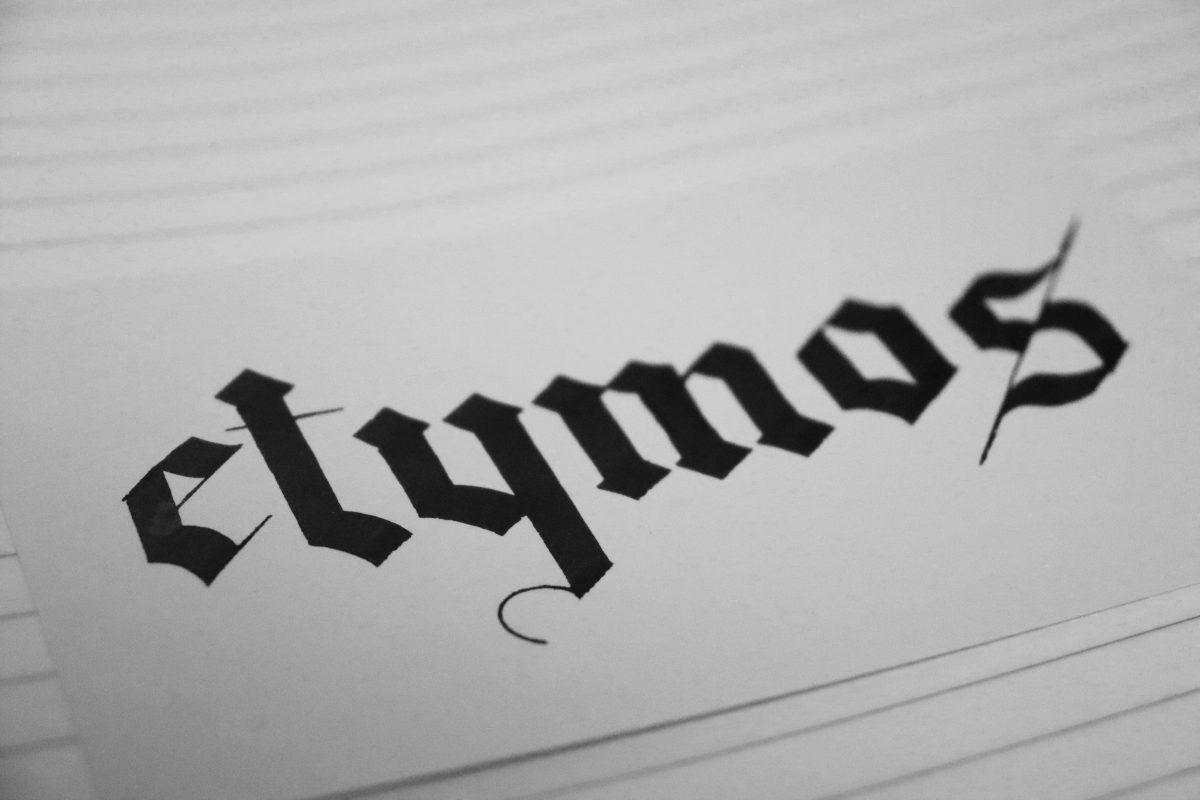You might think it odd that I went to see this movie – given that the Wicked musical is famously more popular with women than is typical for fantasy, and it’s not exactly hard fantasy either. But when it comes to movies, really I’m willing to give anything a shot if it’s sufficiently ambitious and if the basic idea is interesting.
It’s worth stating at the outset that this is a review of the movie as an isolate work. I have not seen the musical it’s based on or read the book that that in turn is based on. I detest changes from source material, and I’m sure if I knew of them and saw them I would mark the movie down for them, but here I am judging it as a movie on its own.
I have heard many great things about the musical over the years (though as I say, I have not seen it). On that basis, I was expecting this movie to be quite good. But then also, the lead-up to the release of this movie has been disastrous. The lead actress criticised a fan for making a version of the movie poster that looked more like the poster for the musical. And then we had the endless series of interviews where the two lead actresses just started crying. It was just pathetic and repulsive. On the basis of all of that, I was expecting this movie to be a complete disaster.
So I was expecting either something brilliant or something disastrous. What I wasn’t expecting was what it ultimately was: astonishingly mediocre.
I’ll start with the stuff that was actually quite good – because quite frankly that stuff is much easier to describe and so easy to get out of the way first. The costume design was excellent – quirky and novel, but just managed to avoid being cliché. The set design was also excellent – exactly what you’d expect but also filled with many new things along the same lines. That train looked amazing. (Although I think it’s more properly referred to just as a locomotive, as it didn’t pull a ‘train’ of carriages behind it.)
The casting was also excellent. Jeff Goldblum was made to play the Wizard of Oz. As he tends to do in every film nowadays he just played himself, but in this case it was absolutely ideal. Michelle Yeoh was brilliant – I’m a huge fan of Michelle Yeoh whatever she’s in. She’s a phenomenal actress – she can take even very boring, cliché lines and make them sound great (which she had to do several times in this film).
Cynthia Erivo was actually very competent. Despite her insufferable personality in real life, she was actually very skilled – never underplaying or overplaying the part (which it would have been easy to do with that part).
The real star of the show, however, was Ariana Grande. Now, I don’t think of Ariana Grande as an actress – I think of her as a singer. I understand that she did actually start out as an actress, but I nevertheless think of her as a singer, and my general assumption is that singers can’t act. (And in fairness to me, that assumption is grounded – a lot of them really can’t act.) But she absolutely stole the show in this film. On a technical level her acting was flawless – every expression was exactly right. She was able to do the Connie D’Amico trope perfectly. And she also had lots of funny moments.
Some might dislike the idea of the second-main character stealing the show, but it’s generally more possible for secondary characters to be able to do this than the primary character, because secondary characters can often have more extreme character traits and be funnier, whereas the main character has to be sufficiently neutral for the audience to be able to project themselves onto them.
Some of the core ideas of the film were very interesting too. (Some, but not all, as I shall get onto.) The basic idea of expanding the world of the Wizard of Oz I really like – I always like that sort of thing. I’m a huge fan of the ‘lost knowledge’ trope (that George R. R. Martin always did really well), and the Grimmerie is part of that. Stories about dictatorships are often fun too.
So there were a number of things to like about this film. In fact, this film was particularly unusual – usually what lets a film down is its peripherals – usually the core story is a good idea, but the film is let down by its casting, its acting, its dialogue, its visual effects, and so on (think about the Last Airbender film – fantastic source material to work from – a great core idea – but let down by all its peripherals – the casting, the acting, the dialogue, and so on). This film was the other way round. All of its peripherals were good – it was let down by its core.
The main story is just, in parts, very stupid. A girl is born with green skin. Her parents – especially her father (although it is implied that he is not actually her father) – despise her for it, even though this is a land where magic is known to exist, even though a demonstration of her raw magical ability occurs moments after birth (if I remember correctly), even though they made an entirely green city – suggesting, as it does, that there may be a connection between greenness and magical ability, and so greenness would be revered, not detested – and even though this is a land filled with people who are already different shades of brown and beige, and even though this is a land filled with talking animals.
When she’s a bit older, some local children mock her for being green, and then when she first goes to the university, the people around her are absolutely mortified at the sight of her (although they get over it extremely quickly – just watch them in the background of the shots). It’s all ‘woe betide me, no-one likes me because I’m green’, but it makes no sense – the world we are looking at is filled with far more odd and unusual things than a person with green skin. It does not make sense for these people to find it as odd as they do.
‘But that’s the whole point! It’s not supposed to be rational! Discrimination isn’t rational!’, I hear an annoying person scream at their computer screen. Yes, discrimination between individuals on the basis of something that has no effect on the situation under consideration is generally irrational – the point is that in order for a difference to seem significant enough for people to hate you for it, it must be quite a lot different to anything else those people have experienced. Being green in a land filled with people who already vastly exceed Hollywood’s diversity quotas, along with talking animals and magic, should not be all that notable. In other words, how do you notice one odd thing in a room filled with odd things? When everything’s odd, nothing is.
It gets even stupider because as the film goes on they morph this idea of ‘discriminating against a person with green skin’ into ‘people with green skin are ugly’. This isn’t the first film to throw out this idea – I can’t remember what the other one was, but I’ve definitely seen it before, and it was stupid there too. It’s just a fundamental misunderstanding of beauty and ugliness. Skin colour doesn’t actually affect beauty at all – and I mean that in the broadest possible sense. Blue skin, magenta skin, orange skin, gold skin, multicoloured skin – literally any colour can look good. What actually matters is bone structure – just the basic shape of your face, the size and position of your eyes, and so on – this is what actually affects beauty. (Skin tone and complexion also affects it, but that’s different from colour – the actual hue makes no difference.) We all know this. Of course we all know this. But here this film is pretending that if someone were green, everyone would think they were ugly. No they wouldn’t.
(As an interesting aside, there are actually real humans with blue skin. Some people take colloidal silver (which is not a good idea), and over time it turns their skin blue – look it up. These people are a curiosity – medical and experiential – but they are not hated.)
Elphaba goes to Shiz University to support her sister as she enrols. While there, however, she accidentally gives a display of her magical power, causing a lot of disruption. On seeing that she has true power, Madame Morrible decides to admit her to the university. Elphaba just accepts this – but this is weird – didn’t she have other plans? Didn’t she have somewhere else to go after this enrolment ceremony? She’s just offered a place on a multi-year residential course and she can start then and there? Doesn’t she have to tell anyone? It’s just weird. I suspect it’s a hang-over from the musical – in a musical it would be fine because musicals always have a degree of unrealness to them, but you can’t get away with that in a film.
The film then progresses into its high school section. This section might as well just be every high school drama ever put to film or television. It’s almost unbearably cliché. The popular girl doesn’t like the girl who’s different. The girl who’s different is nerdy, and she’s ugly because she’s nerdy, and she’s nerdy because she’s ugly – because Hollywood really thinks that nerdiness makes you ugly and vice versa. Eventually the popular girl feels guilty about the way she treats the unpopular girl and decides to treat her better (because god forbid a change of behaviour be based on rationality and not emotion). But of course, now that the popular girl likes the unpopular girl, the unpopular girl cannot be allowed to remain ugly – she must be given a makeover – because you can only truly transcend into the domain of popularity if you completely conform to it and change your appearance. It’s all about appreciating people’s differences – and the way they do that is by completely squashing those differences – you must be like all of the other popular girls. And THEN, on top of that, the makeover consists of taking off the unpopular girl’s glasses and letter her hair down, because in reality this ‘ugly’ girl was played by a very good looking actress and wasn’t ugly at all – glasses and tying your hair up do not, in fact, make you ugly. So the ‘ugly’ girl was not really ugly, she already conformed to the standards of the popular girls, but the need for this conformity had to be emphasised to the audience by having her have a ‘makeover’ anyway.
I mean, it’s just so stupid isn’t it? Almost every idea is undermined by the next idea that’s presented. It’s unbearably cliché – every single part of it was parodied by Family Guy over a decade ago. There’s no meaning to it – it’s just flawed cliché after flawed cliché. I think it would be fine if the film accepted itself for what it is, but it (and its core audience) seem to think that it’s making some deeply profound statement.
We then learn that the animals in this world are discriminated against – and over the course of the film this intensifies. This doesn’t really work because when animals can talk what really sets them apart from humans? In the real world, a goat and a cat seem roughly equally different to a human, because neither can talk, but if they could both talk, surely they’d seem as different to each other as either would to a human, because speech is no longer a defining factor between the three. In other words, how does this category of ‘animal’ exist in this world? It doesn’t matter so much for the kind of easy fantasy of the Wizard of Oz, but since the film makes a big fuss about it it’s worth mentioning.
Jonathan Bailey shows up. Now let’s none of us kid ourselves – we all know why Jonathan Bailey got this part. He got it because he was in Bridgerton. Now, I tried watching Bridgerton. It was shit. Truly and utterly shit. It’s what happens when an American author tries to write about the British aristocracy. Americans do not understand aristocracy or royalty. But it is popular with women who want to fantasise about the Regency Era but who don’t care about facts or historical accuracy. Jonathan Bailey is the object of desire in the show.
And he’s the object of desire in this film too. He’s there because he’s good looking. It’s interesting how a gay actor has been selected as the object of desire for heterosexual women. I could go on a rant about the trend of gay males being treated as pets for women in media (particularly in fiction), but that’s for another post. Bailey’s character is, quite frankly, largely irrelevant in this film. (This is just part one though – perhaps that changes in part two.)
Eventually Elphaba and Glinda go to the Emerald City. I really liked the story of these kind of ancient magical beings who once inhabited the land of Oz and created the Grimmerie. I also really like all of the hints of what it is actually like to live in Oz – which is in far greater turmoil than many would have our main characters believe. All of that was great, but it did really need more worldbuilding.
And then we get a semi-conclusion. I didn’t know before going to see the film that it was only going to be part one, but that’s fine.
All of these story issues really make the film fall flat. Some of them could easily have been resolved – particularly the worldbuilding stuff – that’s easy to fix. But some of them couldn’t have been. The core story between Elphaba and Glinda revolves around the ‘popular girl’ trope, and there’s nothing you can really do with that that doesn’t change the entire story.
On top of that – and most egregiously for a musical – the music was actually pretty shit. There was A LOT of autotune used for some of the singers – I could hear its distinctive tone all the time. But even worse, the music was, quite frankly, forgettable. You can tell how good the music of a film is by how many tunes you could hum when walking out of the cinema. I could only do two: Defying Gravity and Popular – but that’s because I already knew those two beforehand. The rest I can’t remember. Pathetic, for a musical.
And also rather sickening was the dancing. God the dancing was shit throughout. It was that typical ‘Yeaaahhh I’m dancing so hard because I’m so passionate and emotional and kewwwlll!’ style of dance that only Hollywood actors who are desperate for their big break can do. It’s a style of dance that only someone who thought the word ‘rockstar’ was aspirational would come up with. Utterly dreadful.
And you know the film that this one most reminded me of was High School Musical. It’s easy to see why this story is more popular with women: it’s a story about someone being accepted by a social group despite her differences, and winning an attractive male over the (ostensibly) more attractive female.
So overall: not great. Not outright shit either – there were some interesting and fun parts to it – but it was flat, and gave itself much more credit than it deserved.
I probably will watch it again at some point. I put it in the same category as a film like Valerian and the City of a Thousand Planets – that wasn’t a good film – it had a huge number of core errors – but it had a few interesting ideas – particularly visual ideas – and I like to return to it every now and then.
So it’s a 6/10.






